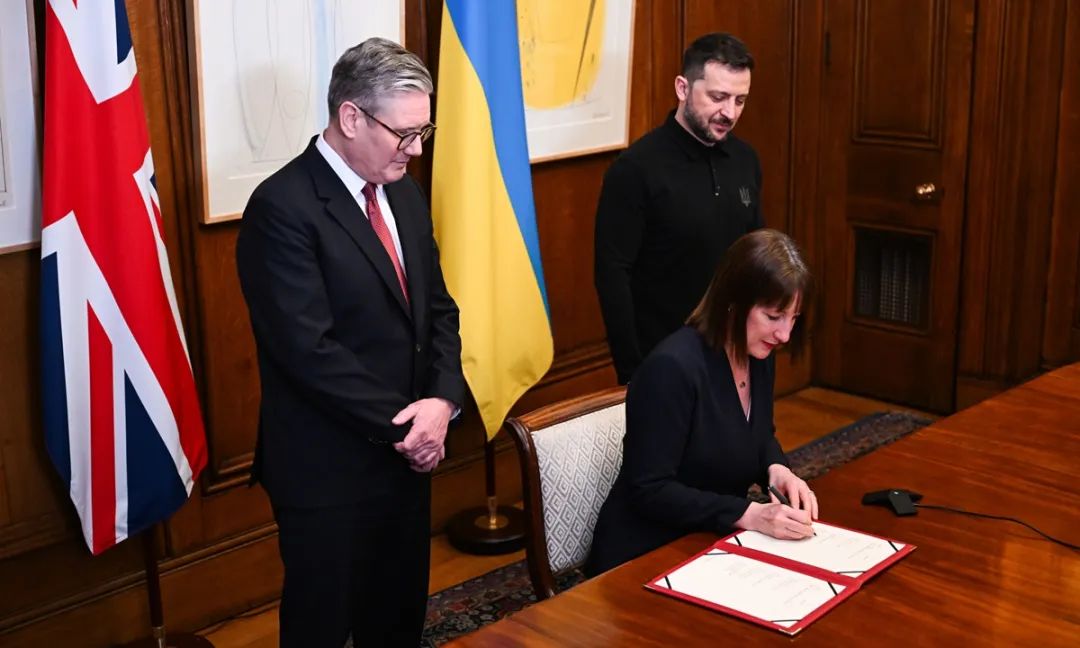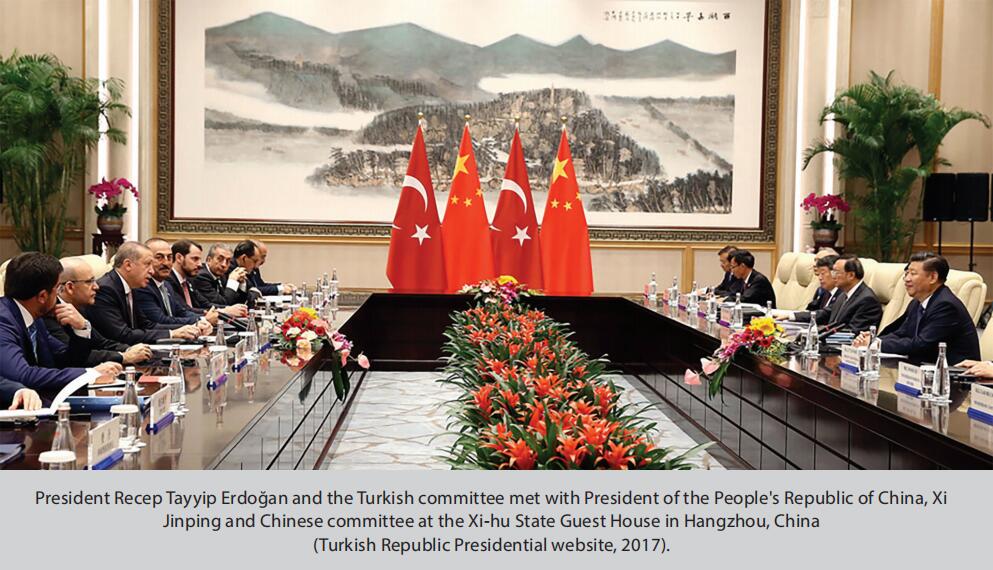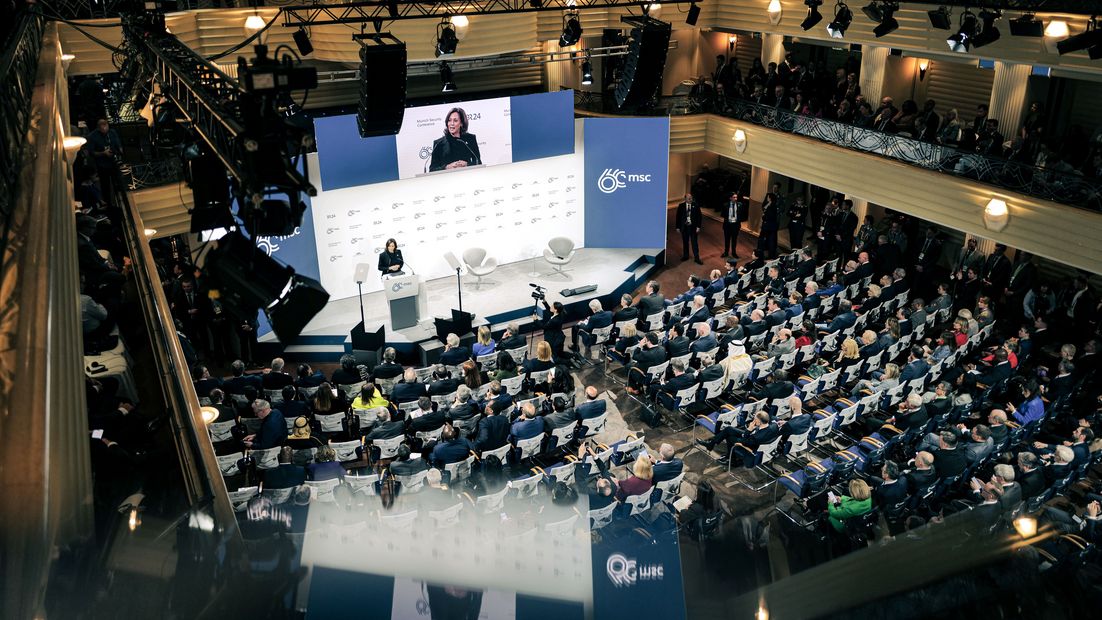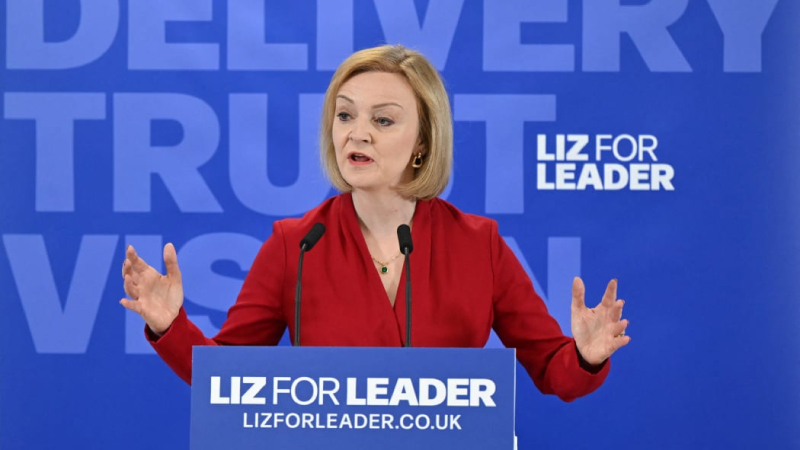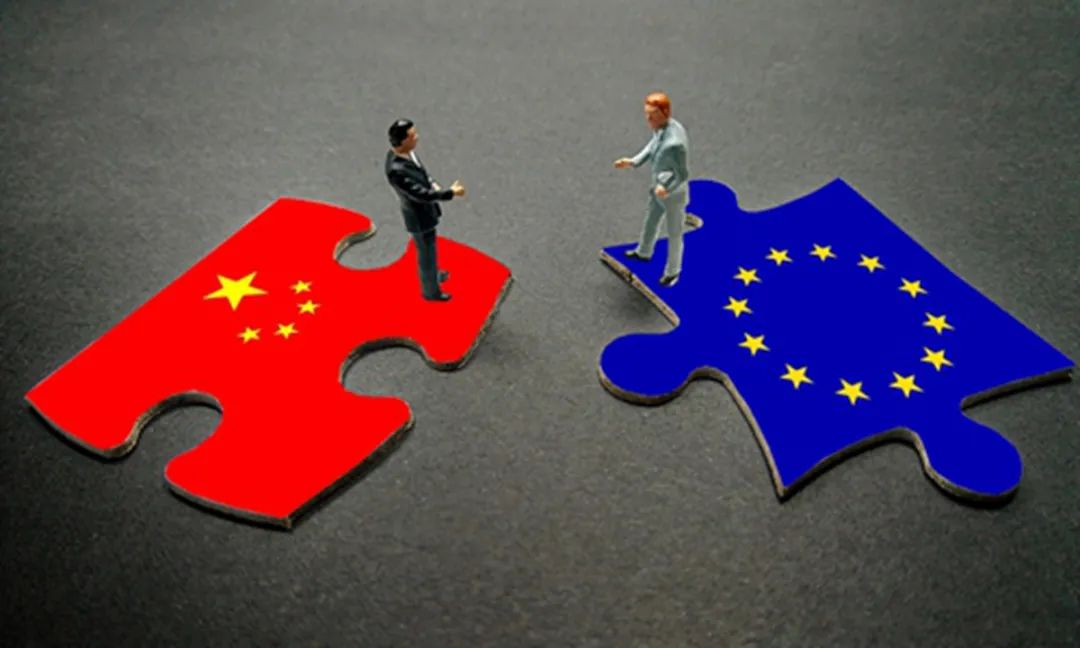
Chinese President Xi Jinping will pay state visits to France, Serbia and Hungary from May 5 to 10 at the invitation of President Emmanuel Macron of the Republic of France, President Aleksandar Vucic of the Republic of Serbia and President Tamas Sulyok and Prime Minister Viktor Orban of Hungary, Foreign Ministry Spokesperson Hua Chunying announced on Monday, a trip that experts believe is expected to shape the future of relations between China and Europe.
The visits show that both China and Europe are striving to explore the space and prospects of cooperation in an era when major power strategic competition intensifies and geopolitics returns, Chinese and European experts noted.
The visits will inject momentum for the further development of China-Europe relations, showcasing that the two sides can maintain positive interactions and mutually beneficial cooperation transcending traditional geopolitics, experts said.
This will be the first overseas tour of the Chinese president this year. It is also the first time that the Chinese top leader visits Europe in nearly five years. It underlines the fact that the Chinese leadership attaches great importance to Europe and highlights the prominent position China places on Europe in its global strategy and foreign economic policy, Xin Hua, director and chair professor of the Center for European Union Studies, Shanghai International Studies University, told the Global Times.
Xi's visit to France, the first in five years, comes as this year marks the 60th anniversary of the establishment of diplomatic relations between China and France. In January, the Franco-Chinese year of cultural tourism was launched and a series of events will be held in both countries to celebrate cultural cooperation.
Pierre Picquart, an expert in geopolitics and human geography from the University of Paris-VIII, told the Global Times that France's long tradition of diplomacy and openness to international relations and its early recognition of the economic potential of China as an expanding market and as an important trading partner made France the first major Western country to establish diplomatic relations with China.
As France has significant influence on relations between Europe and China, "by choosing France as the first stop of his European tour, President Xi is sending a strong message about the importance of China-Europe cooperation and his commitment to multilateralism and dialogue diplomacy," Picquart said.
In a telephone call with the French president's Diplomatic Counselor Emmanuel Bonne on Saturday, China's top diplomat Wang Yi said that China stands ready to strengthen high-level exchanges with France, give play to the leading role of head-of-state diplomacy, and add new connotations to the comprehensive strategic partnership between the two countries.
Xi will hold talks with French President Macron to have in-depth exchange of views on China-France relations, China-EU relations and international and regional hotspots of mutual interest, according to Lin Jian, a spokesperson of the Chinese Foreign Ministry on Monday.
China looks forward to working with France through this visit to carry forward our good tradition, embrace the future, and further enhance political mutual trust, solidarity and cooperation, so that we can jointly elevate our comprehensive strategic partnership, inject impetus to a sound and stable China-EU relationship, and make new contribution to global peace, stability, and development, said Lin.
Zhao Yongsheng, director of the French Economic Studies Center at the University of International Business and Economics in Beijing, told the Global Times that during the visit, China and France may sign a number of cooperation agreements in areas such as nuclear energy and agriculture.
According to Reuters, France's Airbus is in talks with China over a potential major aircraft order.
Xi will also visit Serbia and Hungary.
The China-Serbia partnership is frequently hailed as a paradigm of excellence within the cooperation framework of China and Central and Eastern European countries and the BRI. Friendship with Serbia can be traced back to engagement with former Yugoslavia countries. Both sides have pursued an independent development path and share common ground in many international affairs.
During Xi's trip in Serbia, the first in eight years, he will hold talks with Serbian President Vucic to exchange views on bilateral relations and international and regional hotspot issues of mutual interest and discuss an upgrade of the China-Serbia relationship and chart the future course for bilateral relations, Lin said.
Zivadin Jovanovic, president of the Belgrade Forum for a World of Equals who served as the minister of foreign affairs of the Federal Republic of Yugoslavia between 1998 and 2000, told the Global Times that a number of new agreements concerning future cooperation is expected to be signed during Xi's visit, opening a new stage of cooperation featuring innovation and high-quality standards matching the strategic comprehensive partnership.
The visit to Hungary coincides with the 75th anniversary of China-Hungary diplomatic relations. During the visit, Xi will hold talks with President Sulyok and Prime Minister Orban about China-Hungary relations and issues of mutual interest. This milestone visit will elevate bilateral relations to a new height, open a new chapter in China-Hungary friendship and cooperation, inject impetus to China-EU relations and provide elements of stability and positive energy to a turbulent world, said Lin.
Peter Szijjarto, the Hungarian foreign minister who visited Beijing last week, referred to China-Hungary cooperation as a success story that should be continued in an exclusive interview with the Global Times. He believes that Xi's upcoming visit provides answers to the effort and energy that Hungary has put to improve its relationship with China.
Levente Horvath, director of Eurasia Center of John von Neumann University and chief advisor to the governor of the Central Bank of Hungary, told the Global Times that during Xi's visit, the current comprehensive strategic partnership between China and Hungary can rise to a new, higher quality level.
Extensive engagement, easing concerns
French President Macron, who pledged to visit China at least once every year while in office, visited China last year. Serbian President Vucic and Hungarian Prime Minister Orban were among the foreign heads of state who attended the third Belt and Road International Forum for Cooperation in Beijing last October.
A broader series of high-level engagements between China and the EU have been observed since the start of this year.
In January, Belgian Prime Minister Alexander De Croo embarked on his first trip to China since taking office and signed with China a number of cooperation documents on the economy, trade, agriculture and food. In late March, Prime Minister of the Netherlands Mark Rutte paid a working visit to China, during which he expressed willingness to deepen partnership in areas such as economy and trade. In April, German Chancellor Olaf Scholz traveled to China, accompanied by three federal ministers and a business delegation. Italian Prime Minister Giorgia Meloni is also reportedly planning to visit China later this year.
Szijjarto, the Hungarian foreign minister, sees the actions taken by some European countries against China as "hypocritical."
"I think everyone knows deeply in his or her heart that China offers a huge chance, but many of them are simply not brave enough to speak about it openly, because the expectation of the liberal mainstream is somewhat totally different," he said.
The "liberal mainstream" appears to be the de-risking narrative proposed by the European Commission in its policy framework toward China last year, which has since then become a buzzword which echoes Washington's "decoupling from China" rhetoric. Nonetheless, the EU's adoption of "de-risking" measures against China has hurt its relations with China.
Last year, the EU launched an anti-subsidy investigation into electric-vehicle imports from China. Recently, the European Commission launched a probe into Chinese public procurement of medical devices, following an unprecedented probe in February into a Chinese trainmaker for allegedly using subsidies to undercut European suppliers.
Yanis Varoufakis, former minister of finance of Greece and now Professor of Economics at the University of Athens, views the EU as a spoilt child that fails to acknowledge its erroneous under-investment but blames China.
"The EU is toying with trade barriers to the importation of the very green technologies (e.g., solar, electric vehicles) that it desperately needs for its green transition - and which it lacks the capacity to produce economically in Europe," Varoufakis told the Global Times.
The EU is the largest recipient of Chinese EVs, accounting for nearly 40 percent of China's electric vehicle exports, according to media reports. Wang Wentao, Minister of Commerce of China, said during his trip to France in early April that the accusations of "overcapacity" by the US and Europe regarding Chinese EVs are groundless.
Xin Hua, the Chinese expert, pointed out that in the field of electric vehicles, there is a certain degree of competition between China and Europe, which is normal. If Europe continues to uphold the concepts of economic globalization and trade liberalization, it does not need to worry too much about China's electric vehicle industry. At the economic and trade level, although there is competition between China and the EU, overall the benefits brought by cooperation to both parties will be far greater than the benefits that the two sides compete for. Therefore, Europe should view China as an opportunity rather than a challenge, Xin noted.
He believes that Xi's upcoming visit can help ease Europe's concerns about China to a certain extent and mitigate Europe's tendency of "de-risking" from China.
Washington watches from afar
During Macron's China trip last year, his calling for "strategic autonomy" on the Taiwan question has been considered a rational and independent thinking by many China watchers and also triggered heated discussion within Europe.
On Thursday, he once again appealed for stronger, more integrated European defenses and said the continent must not become a vassal of the US, as he outlined his vision for an independent Europe in a speech at Sorbonne University in Paris.
His remarks came as the continent is still mired in the Russia-Ukraine conflict, a "trap of its own making" that Europe has no ability to pull itself out of, as Varoufakis said.
According to the European Investment Bank, the Ukraine crisis has disrupted trade and aggravated inflation for basic goods like energy, food and metals in Europe.
News organization Politico reported that the European tour of President Xi will be closely watched in Washington. Varoufakis believes that the visit will offer European governments the opportunity to demonstrate that they have retained something of a capacity to look after their countries' interests rather than following Washington's orders.
Sun Keqin, a research fellow at the China Institutes of Contemporary International Relations, told the Global Times that the Russia-Ukraine conflict has made Europe realize its high dependence on the US, and this transatlantic relationship has jeopardized Europe's China policy. If Europe continues to follow the US to view China from a security and ideological perspective and takes a confrontational approach toward China, it will not avoid the fate of being a US vassal.
"Europe still retains a certain degree of autonomy," said Sun, adding that cooperation with China in economy and trade and common global challenges will demonstrate Europe's responsibility as a main pillar of the world.







